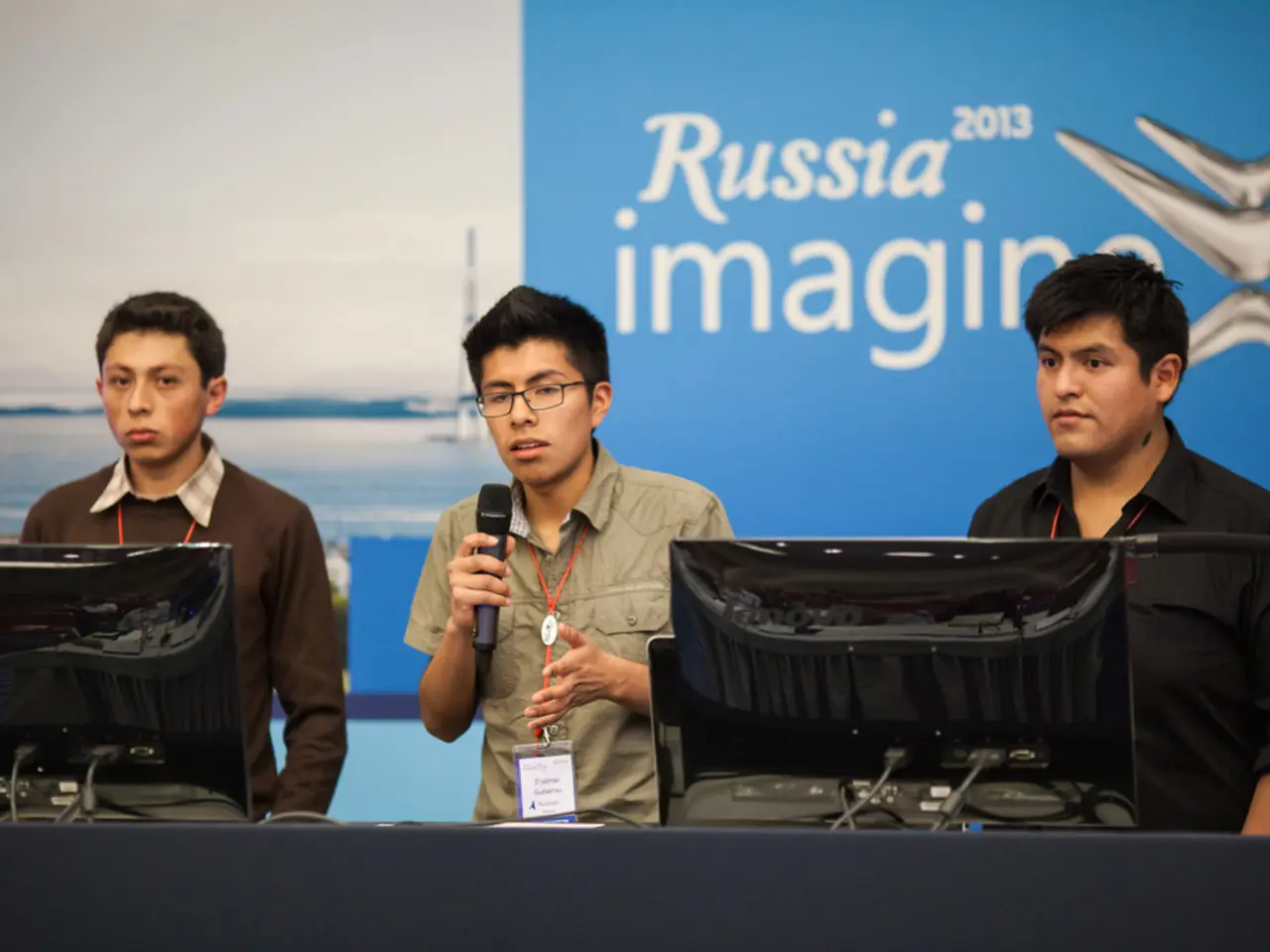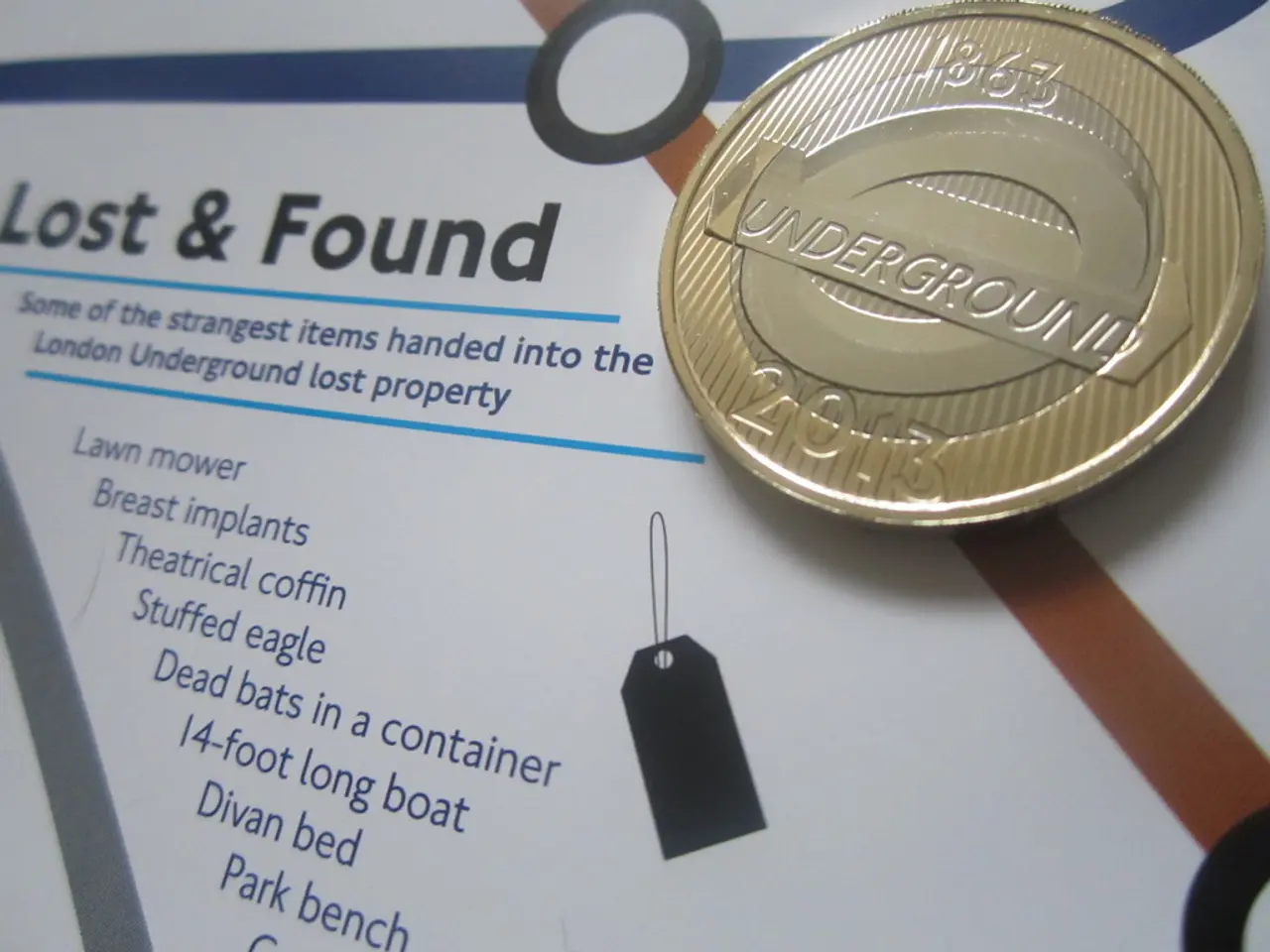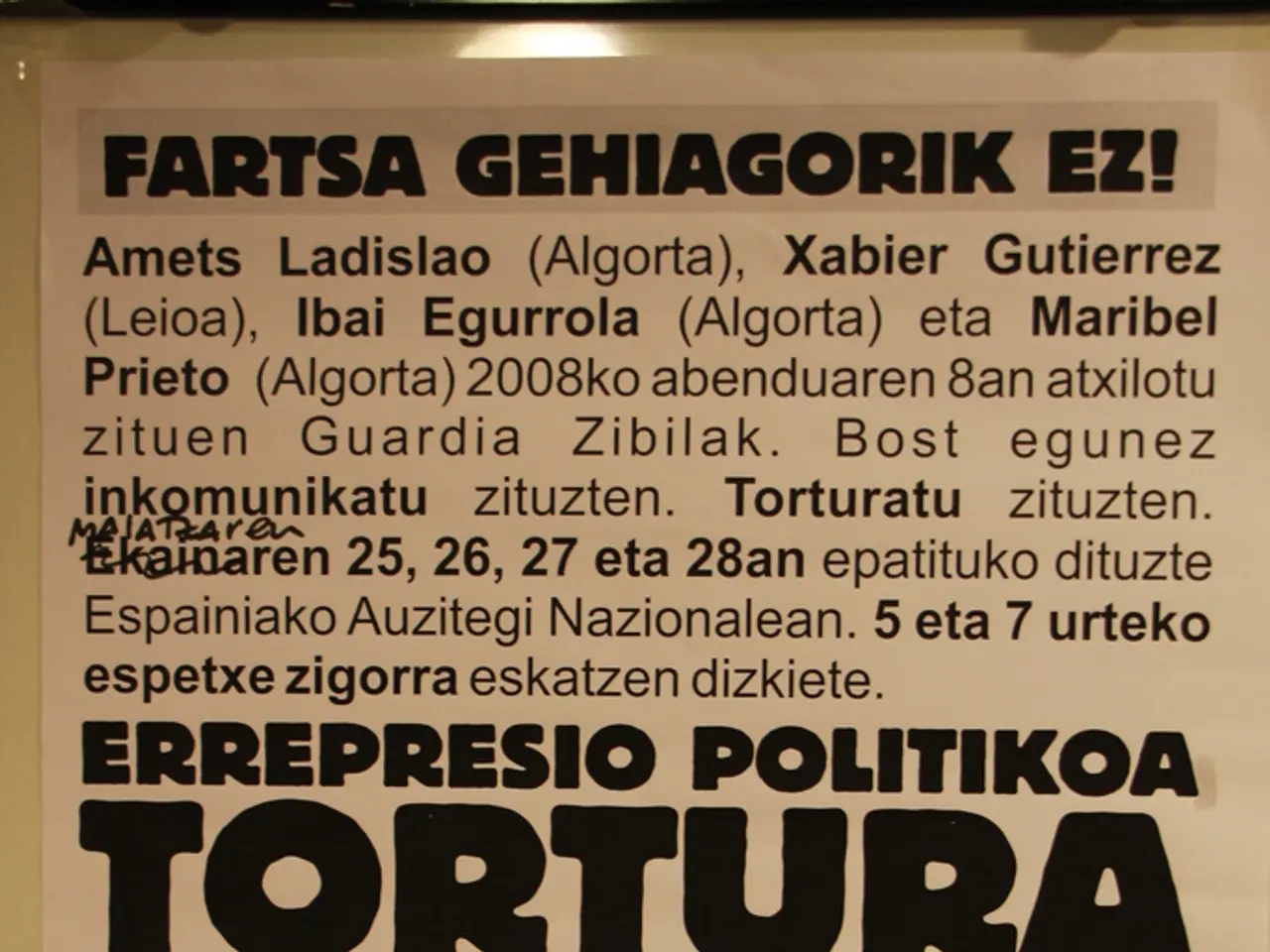Kazakhstani Authorities Recover Stolen Assets Worth $824.4 Million in the Year 2024
In a significant step towards combating corruption and illicit enrichment, Kazakhstan has made strides in recovering assets illegally withdrawn in 2024, amounting to 428.7 billion tenge ($824.4 million). This recovery was primarily achieved through a robust legal framework that includes civil confiscation, enforcement proceedings, and specialized asset recovery institutions.
The country's efforts in asset recovery have been bolstered by international cooperation. Kazakhstan actively participates in international training and strategic dialogue to adopt best practices and improve mutual legal assistance (MLA) processes essential for cross-border asset recovery. For instance, the OSCE hosted a 2025 workshop in Astana aimed at enhancing the nation's capacity for anti-money laundering and civil confiscation, emphasizing international standards and cooperation with high-secrecy jurisdictions.
Kazakhstan's international cooperation includes:
- Mutual Legal Assistance (MLA): Facilitating cross-border requests for asset recovery through legal channels, often requiring comprehensive evidence and quality legal arguments.
- Participation in international forums and workshops: Collaborations with organizations like OSCE to exchange knowledge and strengthen national frameworks against money laundering and corruption.
- Adoption of international legal models and standards: Implementing confiscation measures inspired by EU practices to enhance the effectiveness of corrupt asset recovery.
- Institutional frameworks: Establishment of entities such as the Returned Assets Management Company LLP (with full state participation) to manage recovered assets effectively.
In practice, successful asset recovery in Kazakhstan depends on both compliance with procedural requirements for recognition and enforcement of foreign judgments and proactive domestic enforcement measures like property attachment and account freezes via court enforcement officers. The government also applies a tiered approach to debt enforcement depending on the size of obligations, with detailed steps for asset description and auction when thresholds are exceeded, further supporting recovery of funds within national jurisdiction.
Apart from asset recovery, Kazakhstan has made notable strides in other areas. Last year, work on the extradition of persons abroad has been intensified, with 67 people returning to Kazakhstan from various countries. Additionally, 37 people returned from Russia, six from Georgia, four from the Kyrgyz Republic, one each from Spain, Sweden, the Czech Republic, Germany, South Korea, Moldova, and Ukraine, and two each from Poland and Armenia.
The overall crime rate dropped by 5.3% in Kazakhstan, from 140,000 to 132,000 offenses. Incidents of torture were halved, decreasing by 54%, from 424 to 194 cases. Moreover, the constitutional rights of 3.5 million citizens were protected.
Under agreements with the law's subjects, 15 social and investment projects worth more than 48 billion tenge ($92.3 million) were launched. Notably, 4.6 billion tenge ($8.8 million) in alimony was collected for 23,000 children.
In conclusion, Kazakhstan employs a combination of legal confiscation tools, enforcement mechanisms, and dedicated institutions backed by international cooperation and capacity-building initiatives to recover illegally withdrawn assets from both domestic and foreign sources. These efforts are part of a broader commitment to strengthening the rule of law, protecting citizens' rights, and promoting economic development in the country.
[1] OSCE, "Workshop on civil confiscation and asset recovery in Kazakhstan," 2025, https://www.osce.org/astana/476184 [2] European Commission, "EU anti-money laundering: How does it work?," 2021, https://ec.europa.eu/info/law/better-regulation/have-your-say/initiatives/12632-Anti-Money-Laundering-How-does-it-work [3] World Bank, "Kazakhstan: Strengthening Asset Recovery," 2020, https://www.worldbank.org/en/topic/anti-corruption/publication/kazakhstan-strengthening-asset-recovery [4] Government of Kazakhstan, "Law on Enforcement Proceedings," 2015, https://www.adilet.kz/ru/docs/P1500000002 [5] Government of Kazakhstan, "Returned Assets Management Company LLP," 2018, https://www.kazakh-invest.gov.kz/ru/company/returned-assets-management-company-llp
- Kazakhstan's active participation in international forums such as the OSCE workshops, aimed at enhancing their capacity for anti-money laundering and civil confiscation, also includes adopting international legal models and standards in their asset recovery efforts, akin to those practiced by the European Union. (Referenced sources: [1], [2], [3])
- The country's commitment to cross-border asset recovery is strengthened through Mutual Legal Assistance (MLA) procedures, facilitating international cooperation and enabling requests for asset recovery to be made through legal channels, as demonstrated in agreements and workshops with high-secrecy jurisdictions. (Referenced sources: [1], [3])




